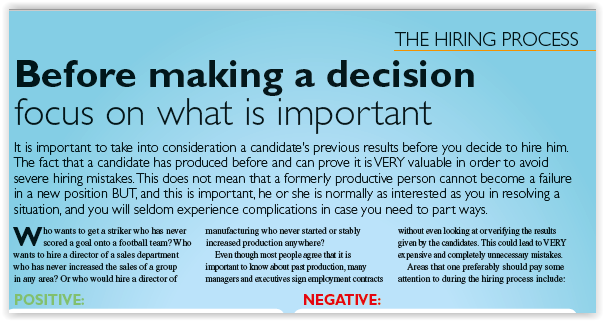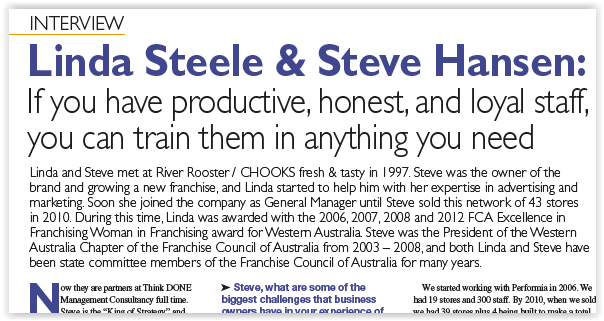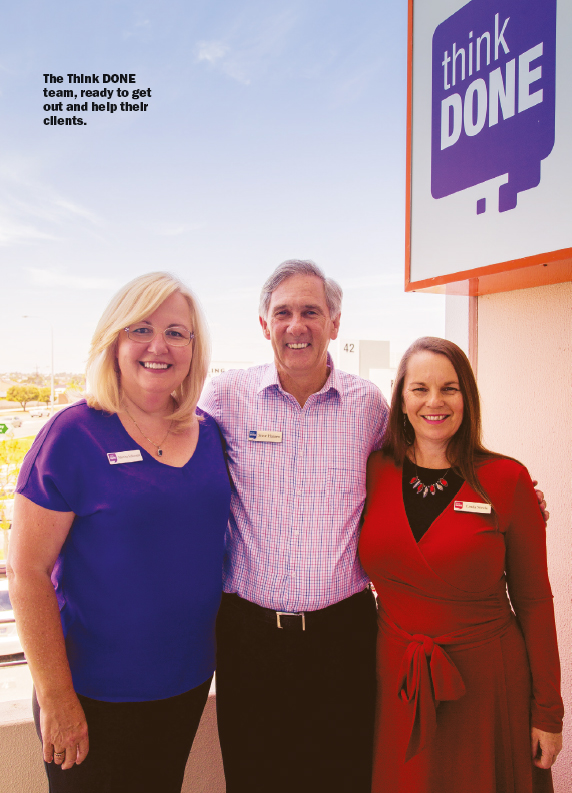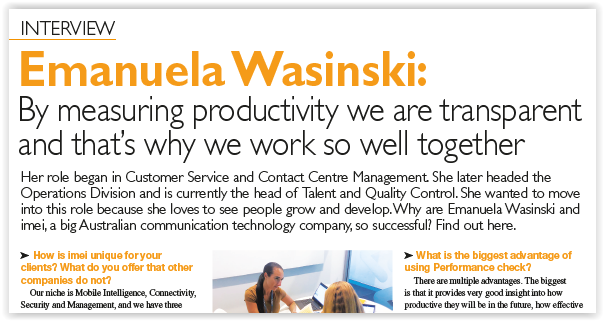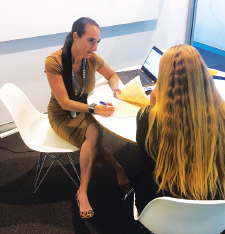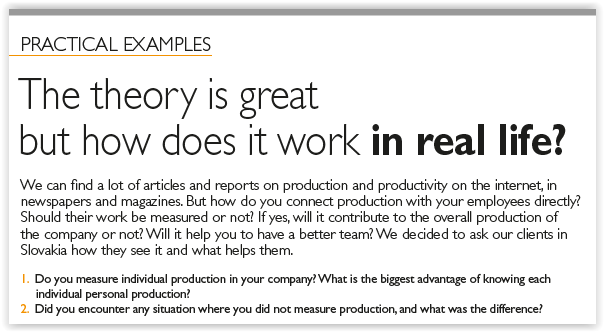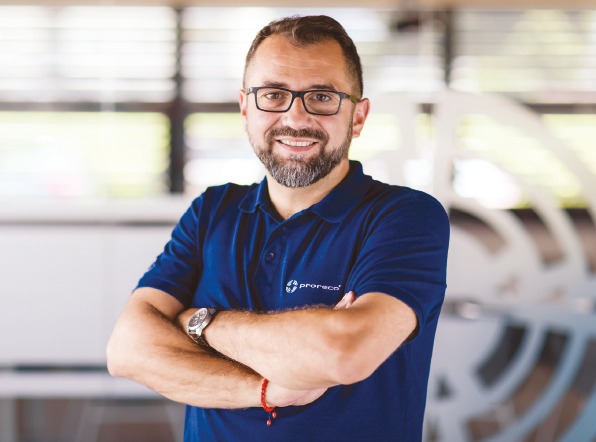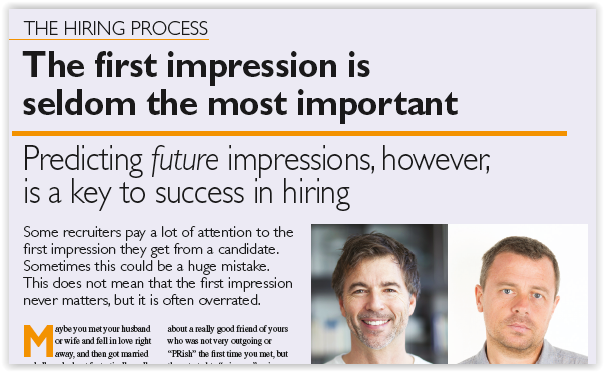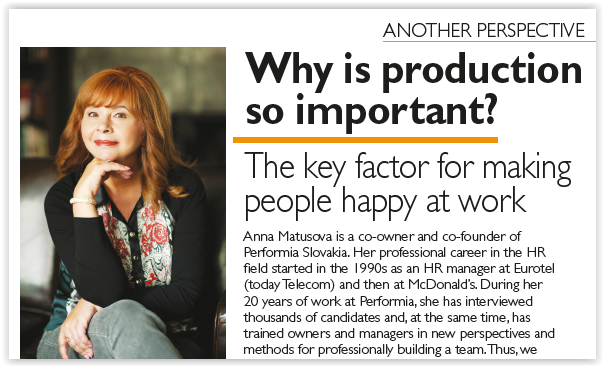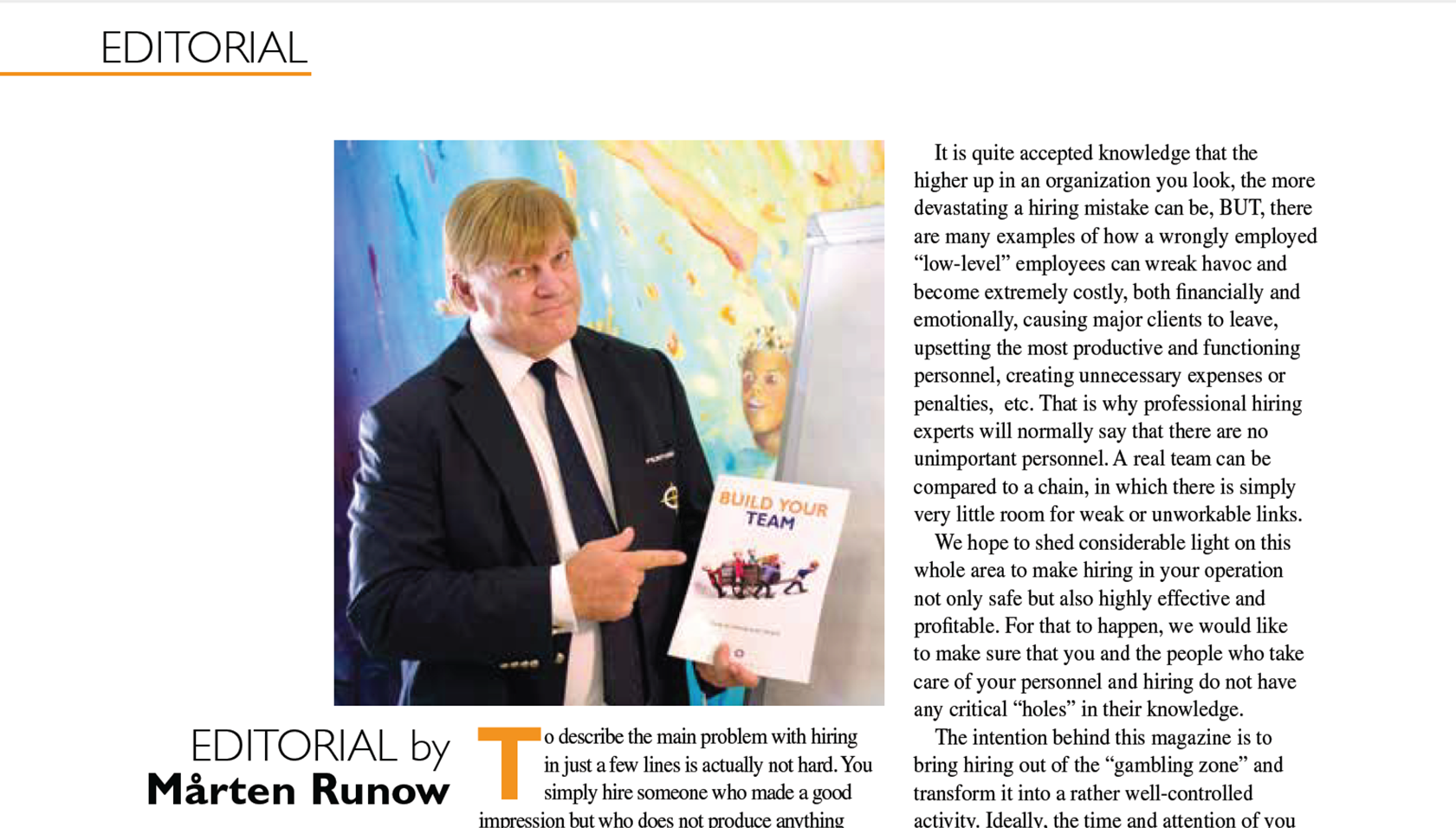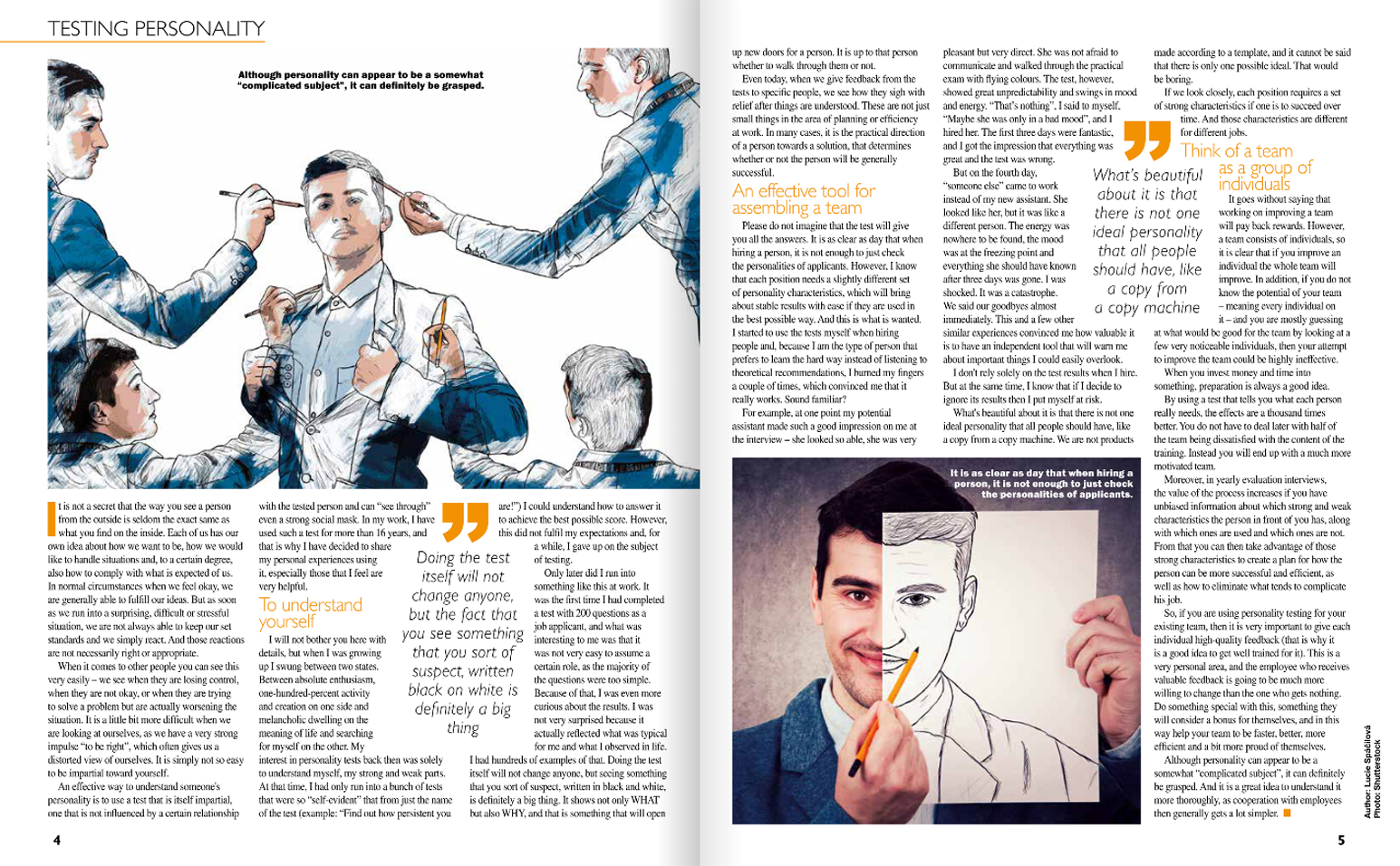
Neden kişiliği test etmemiz gerekiyor?
“Kişiliği test etmek biraz garip değil mi?” Kişiliğin ne olduğu ve nereden geldiği konusunda düşünmüş herkes biraz böyle düşünüyor olabilir. Ama kişiliği test etmek, sadece doğru araçlarla ölçürmüyorsa ve doğru şekilde yorumlanmıyorsa “gariptir”.

© Shutterstock
Kişilik öyle yada böyle “karmaşık bir konu” olarak görülse de, tamamıyla anlaşılması mümkündür.
Kişinin dış görünüşünün içini yansıtmadığı bilinen bir gerçek. Hepimizin olmak istediğimiz kişi, olayları nasıl yönetmek istediğimiz, ve beklentileri nasıl karşılayacağımız konusunda kendimize ait bir fikrimiz vardır. Ancak beklenmedik, zor yada stresli bir durumla karşılaştığımızda kendimizi bu standartlara uymak yerine sadece tepki verirken bulabiliriz. Bu tepkiler her zaman doğru yada uygun olmayabilir.
Konu başkaları olduğunda bunu gözlemlemek kolaydır – kontrolü kaybettiklerini, iyi olmadıklarını veya bir sorunu çözmeye çalıştıkları halde daha kötü duruma getirdiklerini gözlemleyebiliriz. Kendimize baktığımızda ise bu biraz daha zordur, çünkü “haklı olmak” çok güçlü bir içgüdüdür, ve kendimiz hakkındaki gözlemlerimizi çarpıtabilir. Kendimize karşı tarafsız olmak oldukça güçtür.
Birinin kişiliğini anlamak için etkili yönlerden birisi, doğası gereği tarafsız olan, sosyal ilişkiler tarafından etkilenmeyen, ve sosyal maskelerin ötesini görebilen bir test kullanmaktır. Kendi işimde, 16 yılı aşkın süredir böyle bir test kullanıyorum, bu yüzden de bu konudaki deneyimlerimi paylaşmak istedim, özellikle de çok büyük fayda gördüğümü düşündüğüm için.
Kendini anlamak
Sizleri ayrıntılarla sıkmayacağım, ancak büyürken iki ruh hali arasında gidip gelirdim. Saf bir heyecan, yüzde yüz aktivite ve yaratıcılık ile melankolik, hayatın anlamını ve kendimi arayan tarafım arasında. O zamanlar kişilik testlerine olan ilgim yalnızca kendimi, güçlü ve zayıf kısımlarımı anlamaktı üzerineydi. O zamanlar, sadece adından ne olduğu kolayca anlaşılan (örneğin: “Ne kadar ısrarcı olduğunuzu öğrenin!”) testlerle karşılaşmıştım ve testi en iyi sonucu almak için nasıl cevaplandırmam gerektiğini de anlayabiliyordum. Ancak, bu beklentilerimi yerine getirmedi ve bir süre sonra test konusundan tamamen vazgeçtim.
Çok sonraları işim dolayısıyla bu tarz bir testle tekrar karşılaştım. İş başvurusu sırasında 200 soruluk bir test cevaplamıştım ve bunu yaparken bir rol takınmak pek mümkün olmamıştı çünkü sorular çok basit ve temeldi. Bu nedenle de sonuçlar hakkında daha da meraklı idim. Sonunda fazla şaşırmadım çünkü benim için sıradan olan ve kendi hayatımda gözlemlediğim şeyleri gösteriyordu. Testi yapmak kimseyi değiştirmez, ama şüphelendiğiniz bir şeyi siyah ve beyaz, kesin olarak yazılı görmek kesinlikle büyük bir şey. Sadece NE olduğunu değil, NEDEN olduğunu da gösteriyor ki bu bir kişi için yeni kapılar açan bir farklındalık. Bu kapılardan geçip geçmemekse kişinin kendisine kalıyor.
Testi yapmak kimseyi değiştirmez, ama şüphelendiğiniz bir şeyi siyah ve beyaz, kesin olarak yazılı görmek kesinlikle büyük bir şey.
Bu gün bile, testlerle ilgili bazı insanlara yorum yaptığımda, bazı şeyleri anlayıp içten bir rahatlama duyduklarını görüyorum. Bunlar sadece planlama veya işteki verimlilik üzerine küçük noktalar değil. Çoğu zaman, kişinin bir çözüme olan pratik yönlenmesi, o kişinin genel olarak başarılı olup olmayacağının göstergesi.
Ekip kurmak için etkili bir araç
Lütfen testin size tüm cevapları vereceğini düşünmeyin. Bir kişiyi işe alırken tek kontrol etmemiz gereken şeyin kişilik olmadığı tabii ki aşikar. Ancak, her pozisyon için biraz farklı karakteristiklerlere ihtiyaç duyulduğunu ve bunları en iyi şekilde kullanırsak stabil sonuçlar doğuracağını biliyorum. Ve istediğim de tam olarak buydu. Bu testleri kendi işe alım süreçlerim için kullanmaya başladım ve, teorik tavsiyeler dinlemek yerine zor yoldan öğrenmeyi tercih eden bir kişi olarak bir çok kez dilim yandı, böylece de gerçekten testlerin doğruluğuna ikna oldum. Sizlere de tanıdık geliyor mu?
Örneğin, potansiyel asistanım görüşmede üzerimde çok iyi bir etki bırakmıştı – yapabilirliği çok yüksek, tatlı ve direkt bir insan olarak görünüyordu. İletişim kurmaktan çekinmiyordu ve pratik sınavı en iyi notlarla geçti. Test ise çok yüksek öngörülmezlik, ruh hali ve enerji dalgalanmaları yaşayan bir kişi olduğunu gösteriyordu. “Bunun hiç bir anlamı yok” diye düşündüm, “belki o gün modu düşüktü” ve onu işe aldım. İlk üç gün harikaydı, her şeyin yolunda olduğu ve testin hatalı olduğu sonucuna vardım.
Ama dördüncü günde, yeni asistanımın yerine adeta bir başkası işe geldi. Aynı şekilde görünüyordu ama başka bir insandı. Enerjisi tamamen gitmişti, ruh hali buz gibi idi ve üç gündür öğrenmiş olması gereken her şey uçup gitmişti. Şok geçirmiştim. Tam bir fiyasko idi. Neredeyse hemen kendisine veda ettik. Bu ve benzer bazı deneyimlerim, gözden kaçırabileceğim şeyler hakkında beni uyaracak bağımsız bir aracın önemini daha iyi kavramamı sağladı.
İşe alım yaparken sadece test sonuçlarına bağlı karar vermiyorum, ama aynı zamanda sonuçları görmezden gelirsem kendimi riske attığımı biliyorum.
Güzel olan şey fotokopi makinasından çıkma tek bir ideal kişilik diye bir şey olmaması
Güzel olan şey fotokopi makinasından çıkma tek bir ideal kişilik diye bir şey olmaması. Bizler bir şablona göre üretilmiş ürünler değiliz ve tek bir ideal vardır gibi bir şey söylenemez. Bu çok sıkıcı olurdu.
Eğer dikkatli incelersek, her pozisyonun başarı için bir takım güçlü karakteristiklere bağlı olduğunu görürüz, ve bu karakteristikler her iş için farklıdır.
Ekibi bir bireyler bütünü olarak görmek
Ekibinizi iyileştirmeye çalışmanın size pozitif geri dönüş sağlayacağını söylemeye bile gerek yok. Ancak, bir ekip bireylerden oluşmaktadır, yani bir birey iyiye giderse tüm ekip de iyiye gidecektir. Ayrıca, ekibinizin potansiyelini – içindeki her bir bireyi – tanımazsanız, ve ekip için neyin iyi olup olmadığına göze batan bir kaç kişiye göre karar verirseniz ekibi iyileştirme çabalarınız boşa çıkabilir.
Bir şeye para ve vakit harcıyorsanız, önceden hazırlık yapmak her zaman iyi fikirdir.
Test kullanmak size her kişinin gereksinimlerini söyler ve sonuçlar bin kat daha iyi hale gelir. Eğitimden sonra ekibin yarısının içerikten memnun kalmaması gibi bir sorunla uğraşmak zorunda kalmazsınız. Bunun yerine çok daha motive olmuş bir ekiple karşılaşırsınız.

© Shutterstock
Bir kişiyi işe alırken tek kontrol etmemiz gereken şeyin kişilik olmadığı tabii ki aşikar.
Daha da ötesi, yıllık performans değerlendirmelerinde kişinin hangi karakteristiklere sahil olduğu ve hangilerinin güçlü veya zayıf olduğuyla ilgili elinizde tarafsız bir bilgi olursa süreç çok daha değerlenecektir. Bu güçlü karakteristiklerden yola çıkarak, o kişinin daha verimli ve başarılı olması ve işini zorlaştıran etkenleri ortadan kaldırma yolunda daha iyi bir planlama yapabilirsiniz.
Yani, hali hazırdaki ekibiniz için testleri kullanacaksanız, her bir kişiye kaliteli geribildirim vermek çok önemlidir (bu yüzden bu konuda eğitim almalısınız). Bu çok kişisel bir konudur ve kaliteli geribildirim alan çalışanınız durumu hiç anlamamış birisine oranla değişime çok daha açık olacaktır. Bunu alın ve özel bir şey yapın, kendilerine bir artı olarak görecekleri bir şey, böyleyece hem ekibinizi daha hızlı, daha iyi ve daha verimli hale getirirsiniz, hem de çalışanlarınızın kendine güvenini arttırırsınız.
Kişilik karmaşık bir konu olarak görülse de, kesinlikle anlaşılabilir. Ve onu ne kadar iyi anlarsanız o kadar faydalıdır, çünkü çalışanlarınızla iş birliği yapmak çok kolaylaşacaktır.

